We were lucky to catch up with Dr. Jo L recently and have shared our conversation below.
Dr. Jo, thanks for joining us, excited to have you contributing your stories and insights. Let’s go back in time to when you were an intern or apprentice – what’s an interesting story you can share from that stage of your career?
My doctoral psychology internship was at the University of Minnesota Child Psychiatry Department. I was thrilled to get the prestigious internship, but had no idea what I had gotten myself into. It was the most demanding, rigorous internship that I had heard of, at least compared to my cohort. We had many rotations, including child therapy, pediatric outpatient clinic, hospital rounds, neuropsychiatry assessment, etc. The one I remember most clearly is the Fetal Alcohol Syndrome Clinic. Dr. Pi-Nian Chang was a pioneer in the field. He was brilliant, funny, kind; and he had incredibly high standards. Each week, I saw at least one child for an all-day assessment; then, I had to write a full report, which was approximately 13-16 pages long. It was a lot of work at the time, but I look back with gratitude for the amazing experience. I learned so much about working with children who have Fetal Alcohol Syndrome. Yes, I learned how to do the assessment and write a quality report. However, the real value was in meeting and working with these amazing, resilient children who were born with a disadvantage. Each one of these children taught me something about the human spirit.
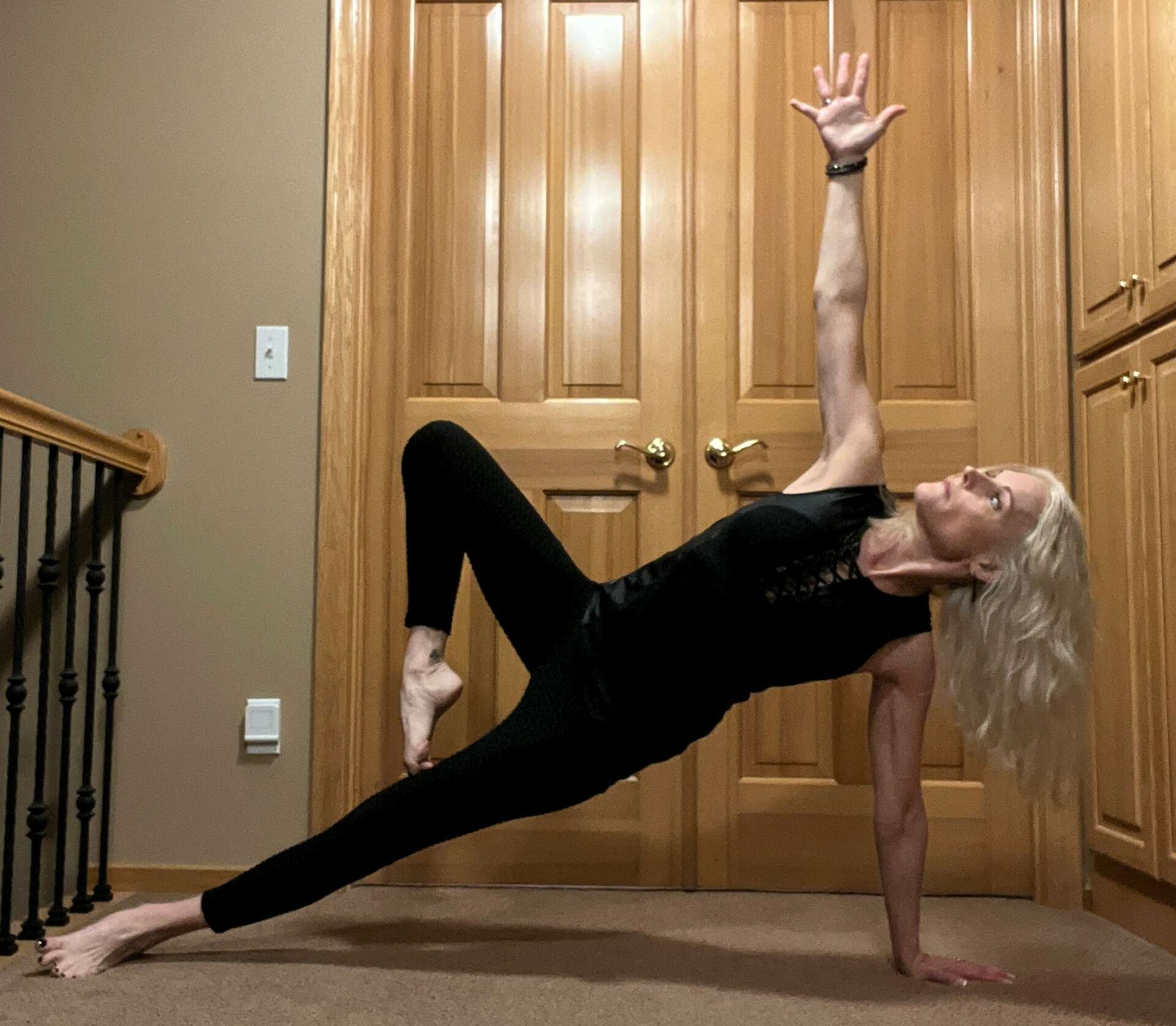
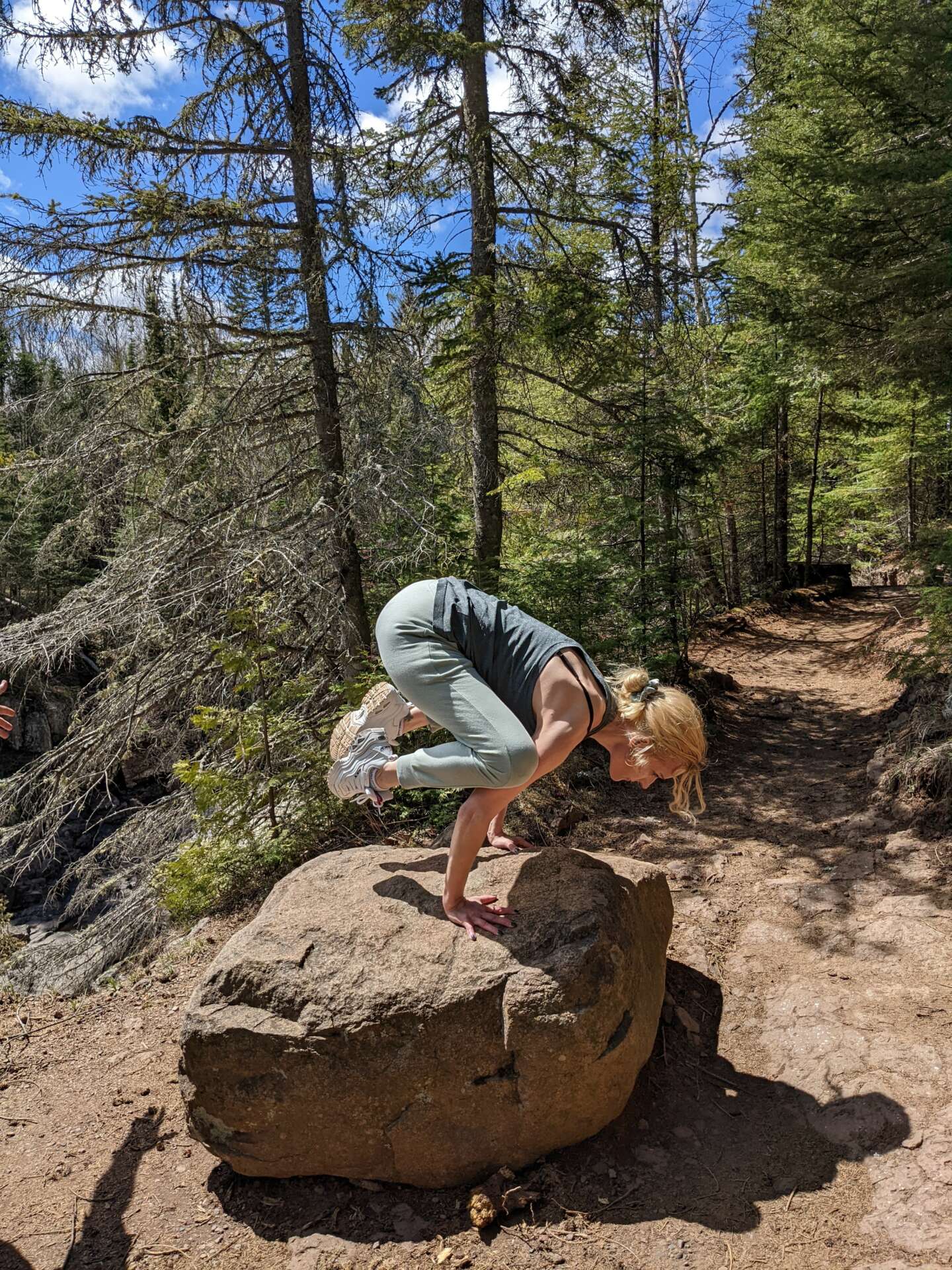
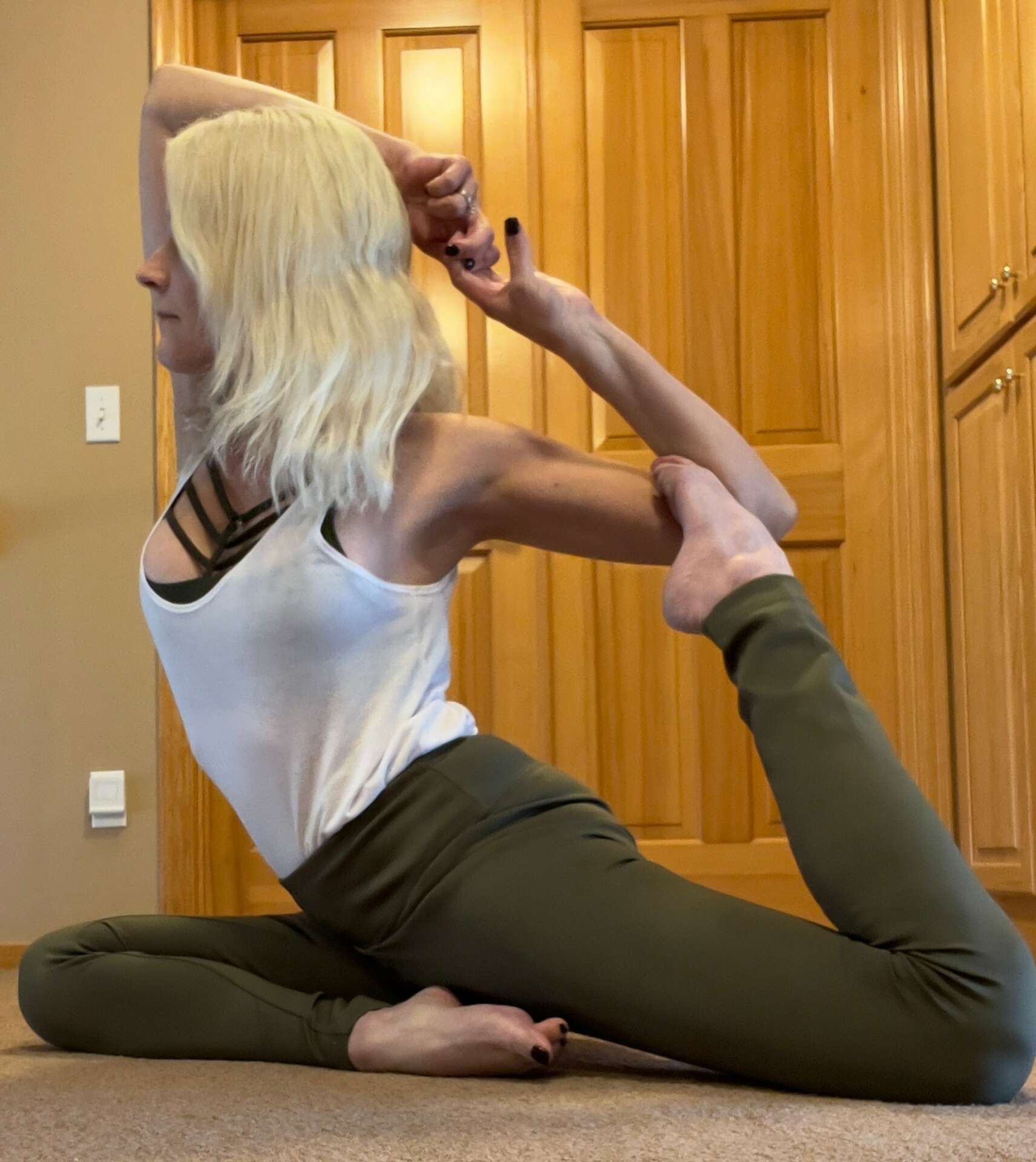
As always, we appreciate you sharing your insights and we’ve got a few more questions for you, but before we get to all of that can you take a minute to introduce yourself and give our readers some of your back background and context?
I decided to become a psychologist when I was twelve-years old and hospitalized for anorexia. I was insatiably curious about the human psyche, and knew that I wanted to help others, just as the nurses and therapists helped me in my recovery.
For thirteen years I worked in a successful private practice as a clinical psychologist specializing in trauma. I was fortunate to work with a diverse clientele in terms of age, race, ethnicity, sexual orientation, gender identity, socioeconomic status, diagnoses, etc. Over the years, I trained in most of the trending techniques such as EMDR, DBT, RBT; and some revolutionary trauma-techniques such as AirNetwork. Interestingly, the techniques do matter to an extent, although (and research supports this) the change in therapy comes about through the genuine, authentic relationship between client and therapist. I’ve always felt honored that I can offer a safe, compassionate container for clients.
After thirteen years in private practice, I decided to open a women’s wellness business, called TulaSoul. Tula means ‘balance’ in Sanskrit, ‘wind’ in Finnish, and ‘poem’ in the Philippines. The mission of TulaSoul is to help each woman find balance, celebrate her unique identity, boldly use her voice, and proudly take up space.
I use a blend of Eastern and Western medicine techniques in order to heal the mind, body, and spirit. Based on my own experience, well-being and empowerment happens when the whole being is aligned and in balance, rather than addressing just certain aspects of an individual.
My approach is different in that I go beyond the surface. Many people struggle with issues such as low self-esteem, career stress, disordered eating, addiction, codependency, unhealthy relationships, etc. and believe the answer is about changing their thinking or developing new habits. In fact, it is about exploring an emptiness or hole that is being filled by inconsequential distractions or harmful material. Sure, it is helpful in the short term to work on cognitive reframing, communication techniques, substitute behaviors, etc., however, changes tend to be temporary unless a deeper shift happens. That shift is facilitated by an inner awakening that occurs when everything you think you know about yourself and the world is questioned and turned upside-down; you are left with open space to fill with your own truth. Space to be who you are, who you have always been. It is scary, but also exhilarating and freeing.
I feel blessed and honored to be in the role of witnessing women’s transformation journeys. Honestly, I learn as much, if not more, from each client as they do from me.
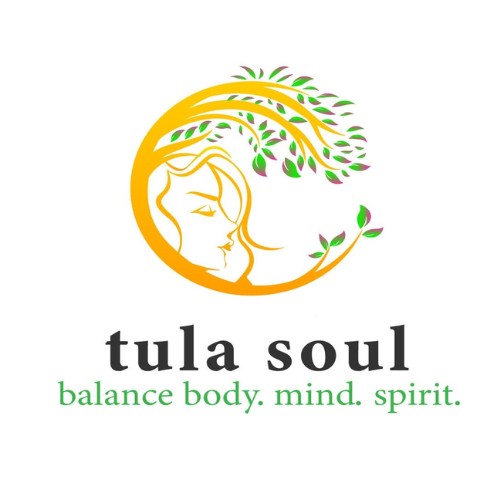
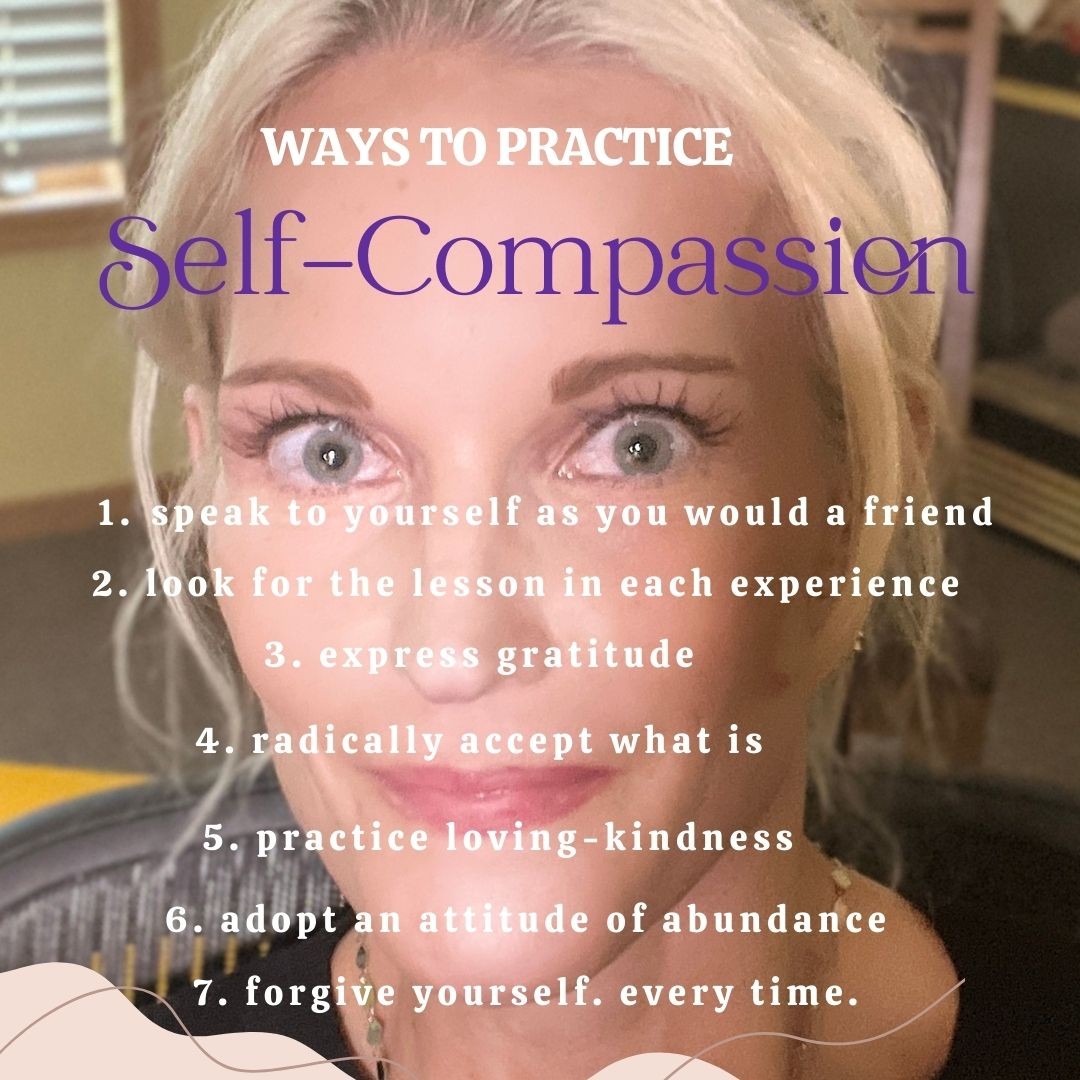
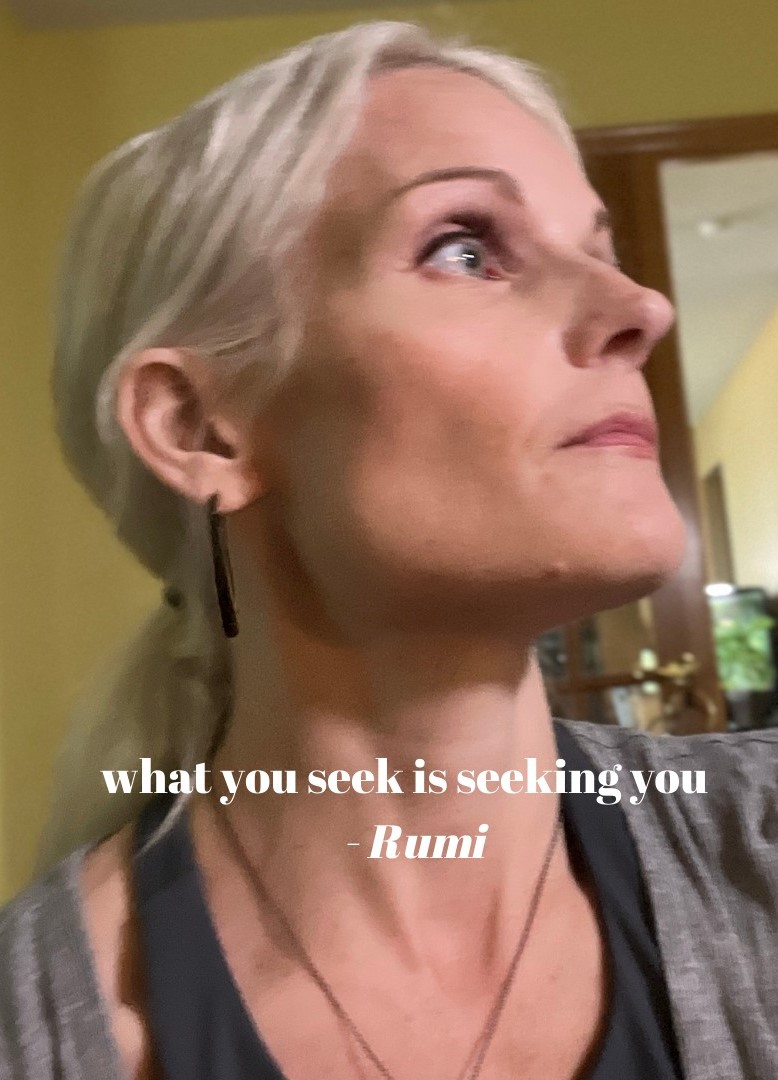
If you could go back, would you choose the same profession, specialty, etc.?
Yes, definitely. I am so privileged in having known my career at the age of twelve. Having been hospitalized for anorexia at that age was challenging and traumatic, however, there were gifts from that experience; one being the discovery of my calling. Another gift was having the exposure to a treatment setting and therapy, which helped me in my career. I remember in graduate school when it was time for us to do our ‘mock therapy’ sessions. My classmates were nervous, and I was thinking, “What, haven’t you been in therapy since age twelve too?”

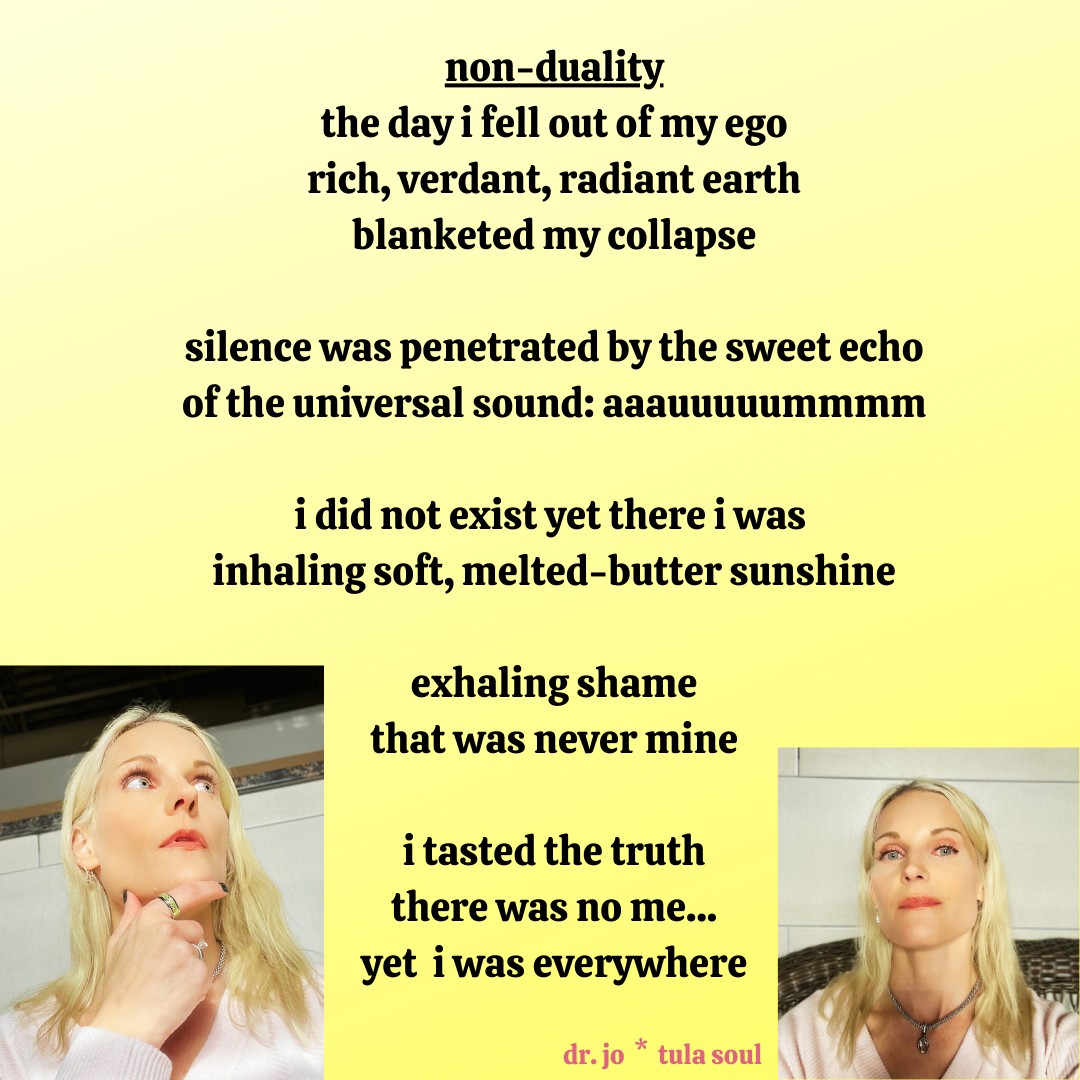
Have any books or other resources had a big impact on you?
There are so many books that have influenced me, and they are not business or strategy books. In terms of my entrepreneurial skills, that sort of developed along with my businesses. I never studied or took classes; I just threw myself into it and learned as I went. I tend to jump into things head first and deal with challenges as they arise, rather than planning ahead. I suppose I have a lot of faith in the universe and in myself; I believe that if I act with authenticity and integrity, it will all work out. That’s not to say that there haven’t been many challenges and disappointments in my life. However, there is always a reason for the obstacles when I look back; something greater comes from every setback.
In terms of the most influential books I’ve read, they include: “The Body Keeps the Score” by Bessel van der Kolk, which illustrates the truth of how trauma affects the whole being; “My Grandmother’s Hands,” by Resmaa Menakem, a book about racial trauma; “I Know This Much is True,” by Wally Lamb, a beautiful illustration of the grief and love between brothers, one of whom has schizophrenia; “Girl, Woman, Other,” by Bernadine Evaristo, a fascinating tale of twelve Black women in the United Kingdom; and all of the many books by Pema Chodron and Llewellyn Vaughan-Lee, a Buddhist Nun and Sufi Mystic.
Contact Info:
- Website: https://www.tulasoul.com
- Instagram: https://www.instagram.com/holisticcoachjo/
- Linkedin: https://www.linkedin.com/in/drjo77
- Other: https://www.alignable.com/plymouth-mn/dr-jo https://my.yogaalliance.org/people/jo-l-e-ryt-200-ryt-500 https://www.linktr.ee/drjo77


